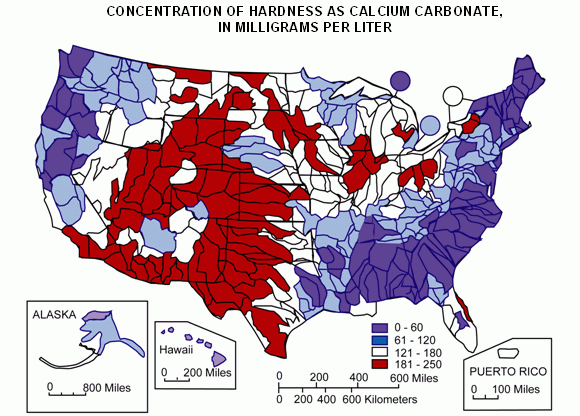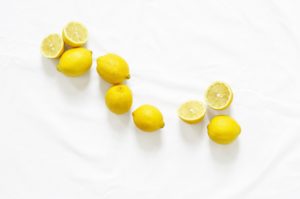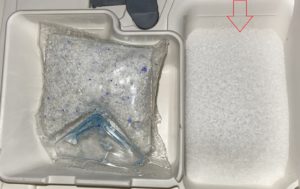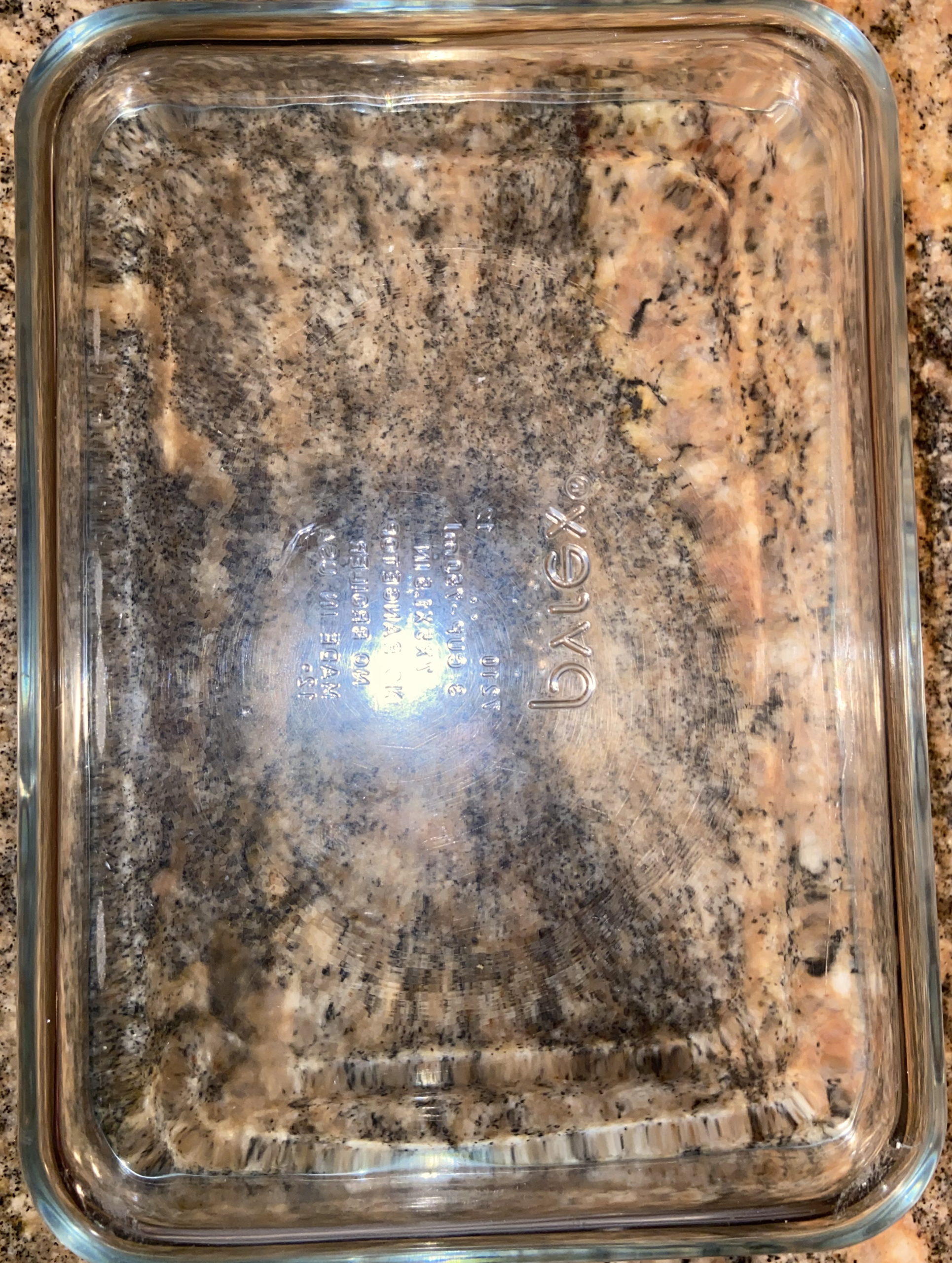You probably bought the best dishwasher detergent on the market, spent money on fancy rinse aids and even used those “cleaning” products that are supposed to get your dishwasher components back in tip top shape again. You might have even tried using a cup of vinegar in your washes because you heard it would work. However, in the end it still didn’t make a difference and you were still having your items coated with dishwasher hard water residue. All it felt like was that you washed your money down the drain along with those products.
That’s because the likely problem that you are encountering is hard water. Hard water impacts the majority of the country, and unless you have one of those expensive whole home salt based water softeners, chances are that unsightly white residue is just evaporated mineral deposits (predominantly calcium and magnesium) left behind during the drying process. Below is a map of hard water across the USA from the USGS. See where you are and what your general levels are.

While it’s not harmful to human health (and may actually be a beneficial source of minerals), it does wreak havoc on your appliances, pipes and leaves behind unsightly spots when it dries on surfaces. Dishwasher detergents used to have something called phosphates that would bind to these minerals and wash them away, but they were removed in 2011 due to environmental concerns and this issue has become more common.
The solution to this is a very simple and affordable product – citric acid powder. Citric acid is a chemically weak, food safe product that actually finds its way into a lot of food products that you eat today. You’ll find it as a primary flavoring ingredient in sour candies and other foods, soft drinks and even in certain “bath bomb” products. It’s just the concentrated extract of citric products, such as lemons, oranges, and limes.

However, chemically what it will do is bind to the hard water minerals that are responsible for that unsightly white residue in your washes and keep your plates, pots/pans, glasses and everything else you put through your dishwasher. The result is that with regular use it will leave them clean and sparkly.
I was bit skeptical myself until I gave it a try. You've seen the before pictures above and here's the after on another one of my glass baking dishes after washing with citric acid (it may take several washes before it’s 100% pristine)
Best of all, it's so simple to do!
Step 1: Buy citric acid powder. My favorite brand is Milliard's Citric Acid - it's 100% Pure Food Grade NON-GMO Project VERIFIED and comes in a 5lb size bag at a reasonable price. Click the following link to order it (Note: As an Amazon Associate we may earn from qualifying purchases when you purchase this item. There is no additional cost to you as a result of this). If you want to try something a bit smaller, they also offer this item in a 2lb size bag as well by clicking this link.
Step 2: Add about a tablespoon or more of citric acid powder into your powered rinse aid tray
Step 3: Use a high quality diswasher detergent. Having a good detergent is crucial to the best possible clean you can get. Check out our page where we review the top 5 dishwasher detergents on the market.

Step 4: Run the hot water on your kitchen sink faucet until it's nice and hot. Since most dishwashers get their water from the nearby kitchen sink faucet, it's important to run the hot water to ensure a high temperature boost. This helps the citric acid and dishwasher detergent do their job better (and helps your dishwasher's heater element last longer!)

Follow these steps every time you run your dishwasher for best results. It’s recommended that you run an empty load with citric acid powder to descale the interior components of your dishwasher for best results. For more highly calcified items, you may need to run it through additional loads until it comes out more pristine looking.


